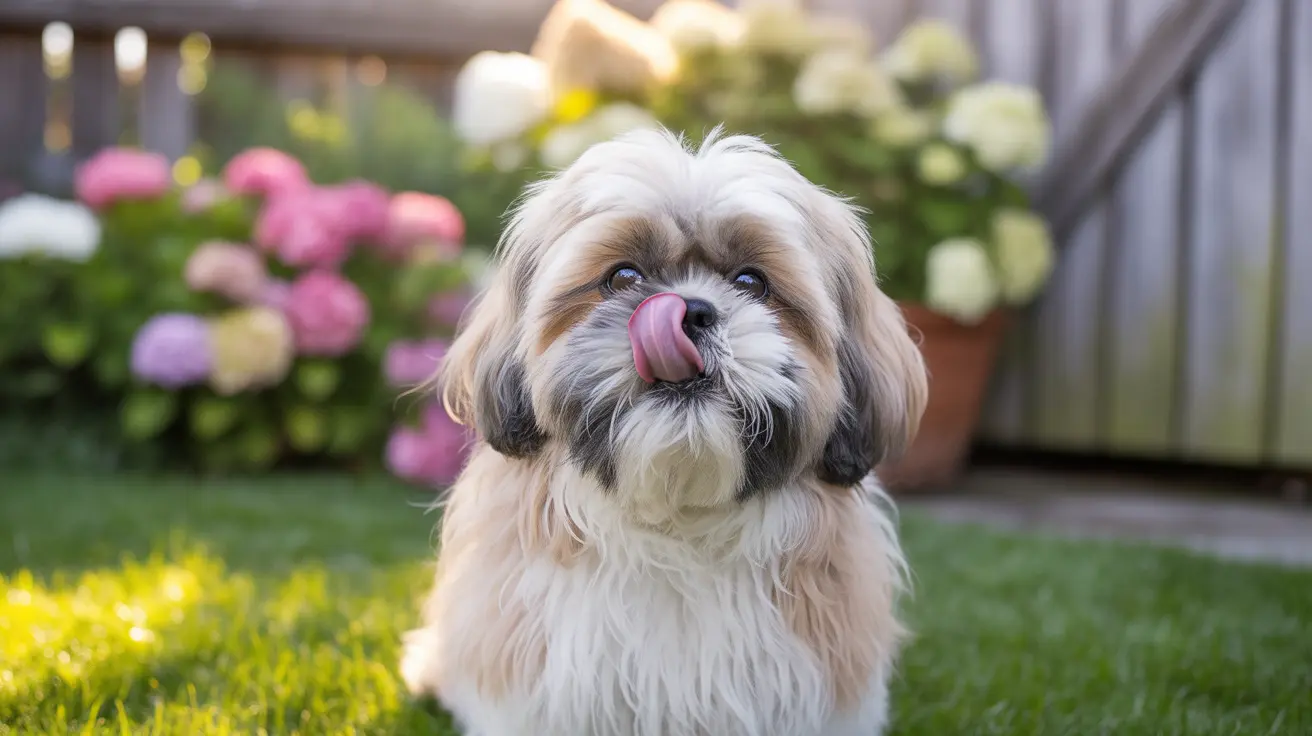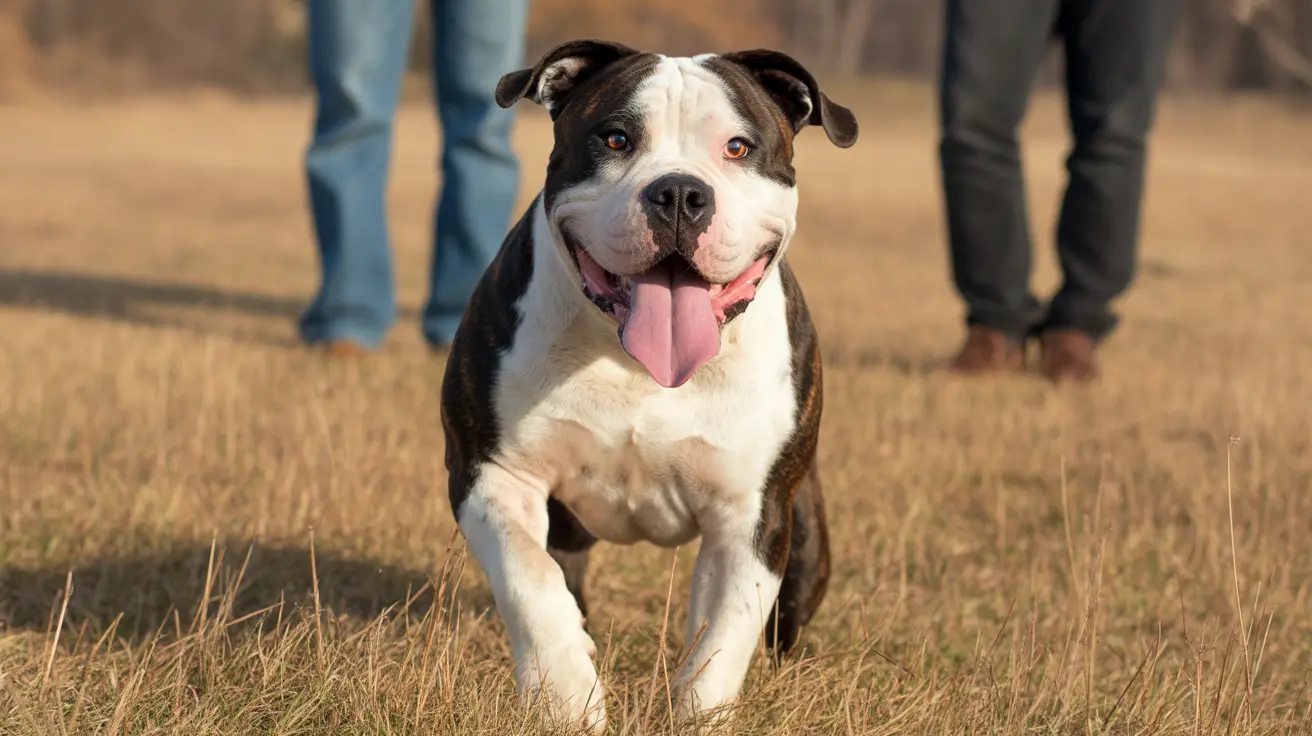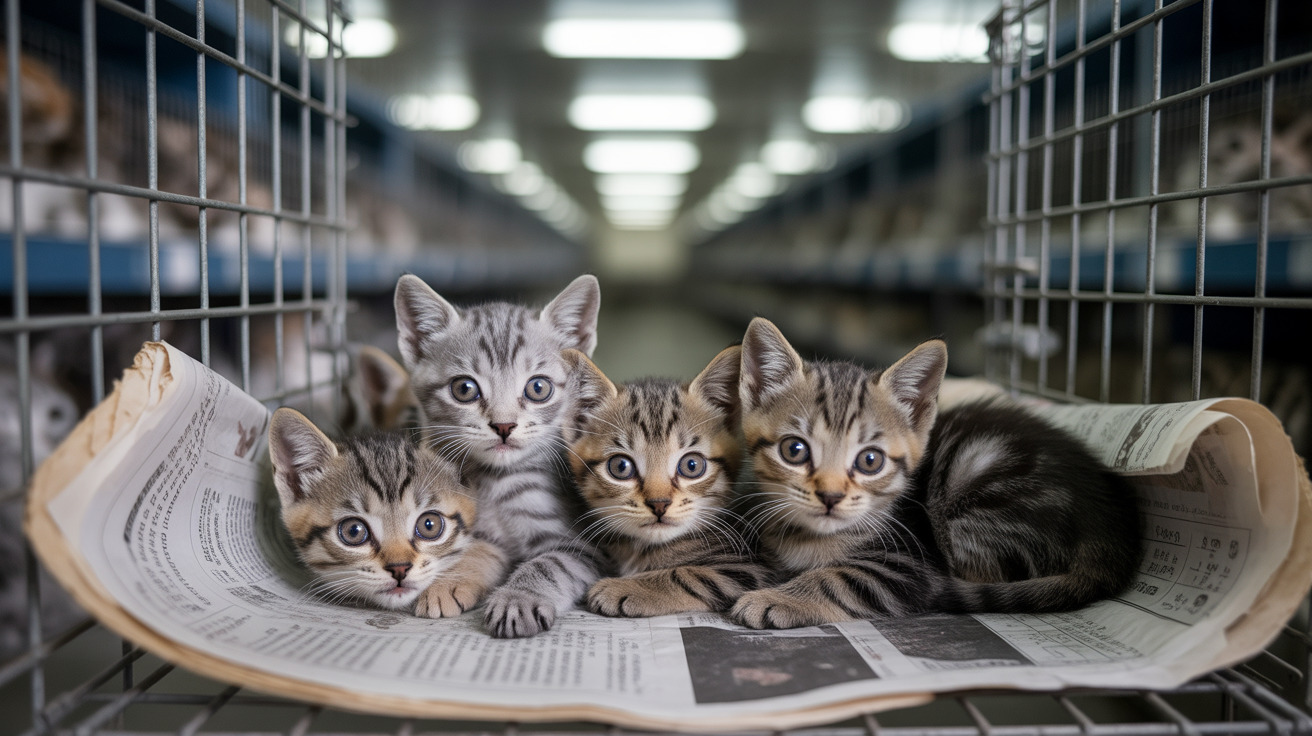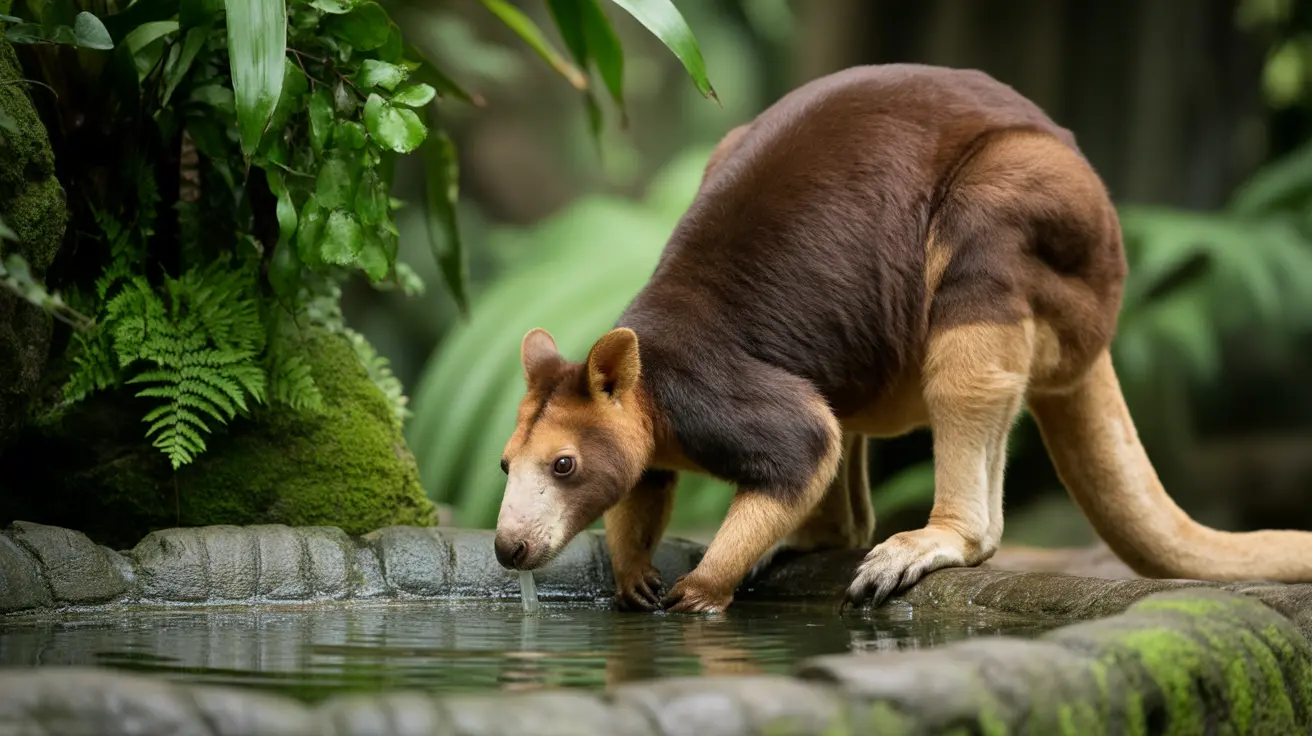Have you ever wondered why dogs lick their noses so frequently? This common behavior serves multiple crucial functions in your dog's daily life, from enhancing their sensory abilities to communicating with others. Let's explore the fascinating reasons behind this natural canine behavior and understand when it might signal something that needs attention.
Dogs' nose-licking behavior is deeply rooted in their evolutionary history and serves as an essential tool for survival, communication, and well-being. Understanding these behaviors can help pet owners better interpret their furry friends' needs and ensure their health and happiness.
The Science Behind Dogs' Nose Licking
Dogs' noses are remarkable organs that contain over 300 million olfactory receptors, compared to humans' mere 6 million. Keeping their noses moist through licking helps them better capture scent particles from the air, enhancing their already incredible sense of smell.
When dogs lick their noses, they're not just moistening them—they're also gathering valuable chemical information about their environment. The moisture helps trap scent particles, which are then transferred to the vomeronasal organ (Jacobson's organ) located in the roof of their mouth, allowing for deeper scent analysis.
Health and Maintenance Functions
Regular nose licking serves as a natural cleaning mechanism, helping dogs remove dirt, debris, and food particles from their sensitive nasal area. This self-grooming behavior is essential for maintaining optimal respiratory function and preventing potential infections.
Dogs also lick their noses to regulate temperature. Their wet noses help cool them down through evaporation, similar to how humans sweat. This natural cooling system is particularly important during physical activity or warm weather.
Communication and Social Signals
Nose licking often serves as a subtle form of communication in the canine world. Dogs may lick their noses when feeling stressed, anxious, or trying to convey peaceful intentions to other animals or humans. This behavior is part of their complex body language system.
In social situations, nose licking can indicate submission, appeasement, or an attempt to diffuse tension. Understanding these signals can help owners better respond to their dogs' emotional needs and provide appropriate support during stressful situations.
When to Be Concerned
While nose licking is typically normal, excessive or unusual patterns might indicate underlying issues. Watch for signs like:
- Frequent, obsessive licking
- Accompanying symptoms such as nasal discharge or bleeding
- Changes in nose color or texture
- Signs of distress or discomfort
If you notice any of these signs, consulting with a veterinarian is recommended to rule out potential health concerns such as allergies, infections, or anxiety disorders.
Tips for Pet Parents
Monitor your dog's nose-licking behavior and maintain a healthy environment by:
- Keeping their nose area clean and free from irritants
- Providing plenty of mental and physical stimulation
- Managing stress triggers in their environment
- Maintaining regular veterinary check-ups
Frequently Asked Questions
Why do dogs lick their noses so often, and is it normal behavior?
Dogs lick their noses frequently as part of normal behavior to enhance their sense of smell, clean their nasal area, and regulate body temperature. This natural behavior helps them process environmental information and maintain proper nose function.
Can excessive nose licking in dogs indicate health problems like infections or allergies?
Yes, excessive nose licking can indicate health issues such as respiratory infections, allergies, or skin conditions. If accompanied by unusual discharge, changes in nose appearance, or other concerning symptoms, consult a veterinarian.
How does nose licking help dogs with smelling and communication?
Nose licking keeps the nose moist, which helps capture scent particles more effectively. The moisture also aids in transferring scents to the vomeronasal organ for processing. Additionally, nose licking serves as a form of non-verbal communication with other dogs and humans.
What emotional or anxiety-related reasons cause dogs to lick their noses?
Dogs may lick their noses when feeling stressed, anxious, or uncomfortable. This behavior can serve as a calming signal or self-soothing mechanism in response to environmental stressors or social situations.
When should I be concerned about my dog's nose licking and consult a veterinarian?
Consult a veterinarian if you notice excessive or obsessive nose licking, unusual nasal discharge, changes in nose appearance, or if the behavior is accompanied by other concerning symptoms like lethargy or loss of appetite.
Conclusion
Understanding why dogs lick their noses helps us better appreciate this natural behavior and recognize when it might signal something requiring attention. By staying observant and responsive to changes in your dog's nose-licking patterns, you can ensure their continued health and well-being while strengthening your bond with them.






